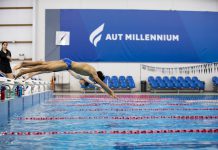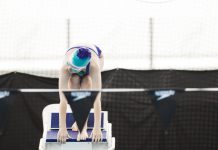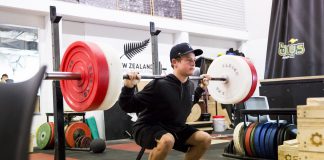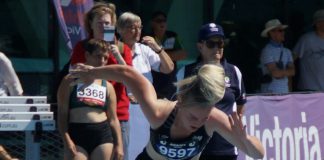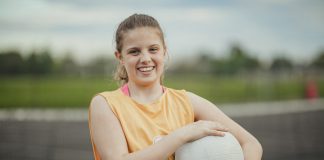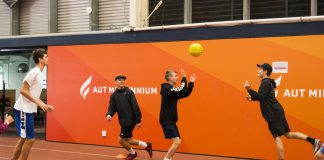The years of puberty are rough.
A young athlete goes through an accelerated growth while transitioning from child to young adult that makes navigating sport (and life) tough.
For some kids, the challenges are so great that the fun disappears, motivation is lost and they dropout. Others are left with chronic injuries and emotional scars that detract them from their future sporting experiences.
Changes in biology during puberty affect size, strength and power.
The young netballer who develops later than her peers struggles to compete in a game in which the outcome is more physically determined than ever before. “I think I’ll go and play hockey” – a common response. Or worse, “Sport’s not for me”.
However, the seemingly clear advantage to the bigger, stronger player, which often delivers short-term success, may be deceiving. You see, whatever you do in life, it’s easy to default to a specific behaviour or strategy that gets the job done today. And in doing so, compromise what’s most important. In youth netball, adopting a physical approach to gameplay is too often at the peril of skill – the defining attribute of elite performance.
The accelerated growth of puberty is not restricted to changes in biology. The mind grows too, influencing the way a young athlete thinks.
What was once a young footballer who followed the direction of his coach without question, is now asking why? His greater desire to seek out reward through autonomous engagement and exploration of his environment is clear, which if not afforded to him, can restrict not only his drive to continue, but his overall cognitive development. At this point, a shift in communication style by coach and parent, from explicit to open-ended messaging that encourages discussion and shared decision-making, is vital.
And then there’s environment, which can either accentuate or alleviate the effects of puberty.
The young ballet dancer who matures earlier than her peers is marginalised by her coach, often unintentionally, because her physical changes are viewed as detrimental to her technique. In this way, the social environment that the young dancer is immersed in amplifies the perceived negative effects of puberty, increasing her self-consciousness and social anxieties.
Do you have an injured young athlete navigating the turbulent years of puberty?
Does your child lack the self-esteem to succeed in the sports that they love?
Let us know in the comments below!













